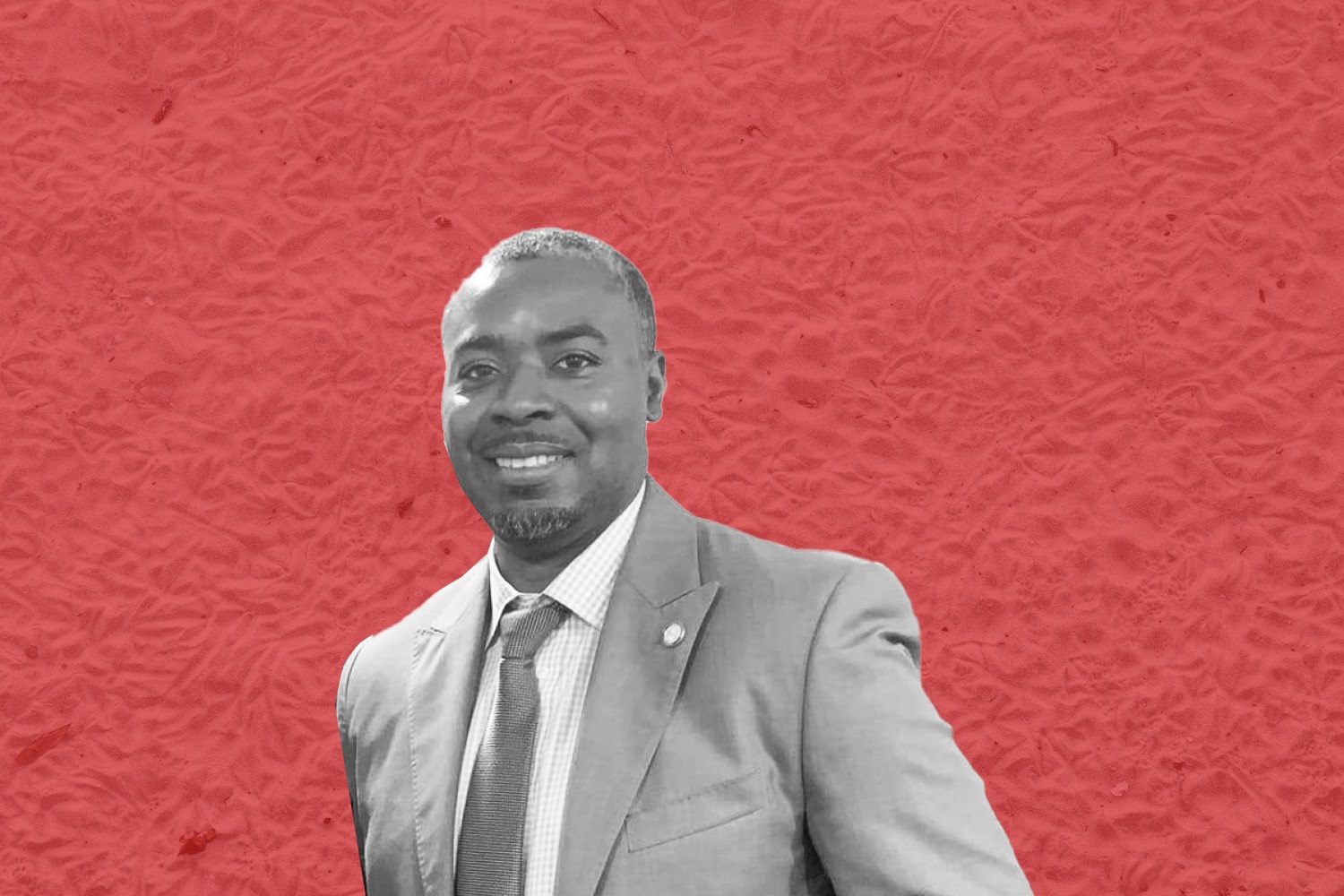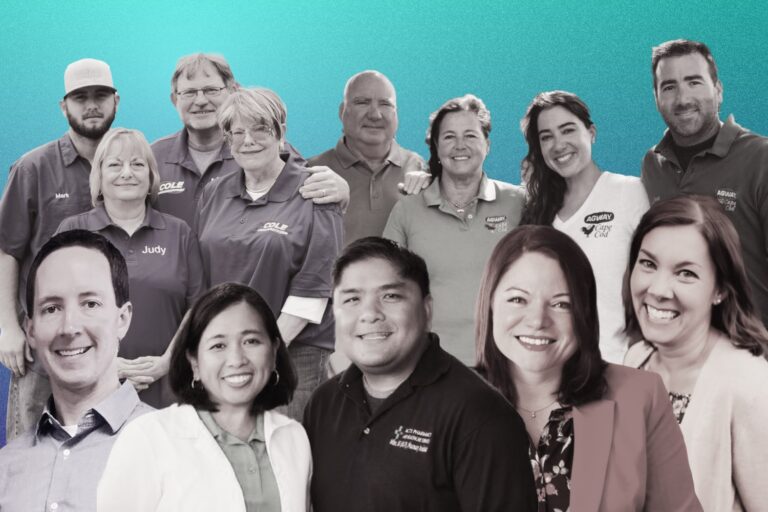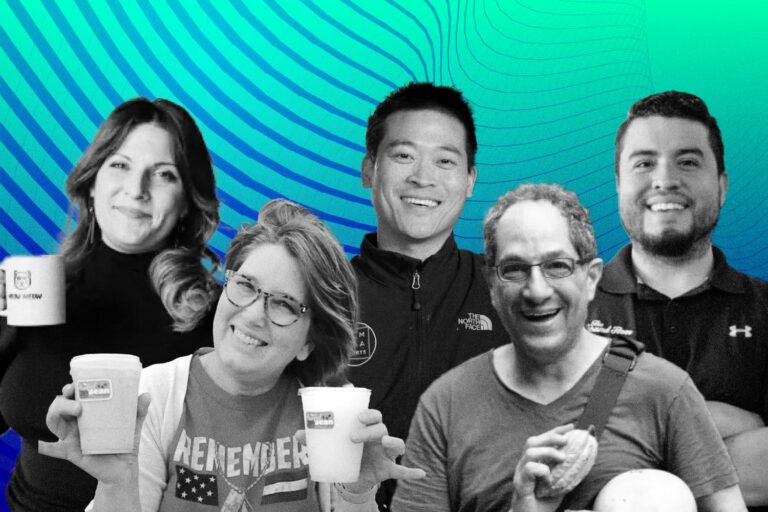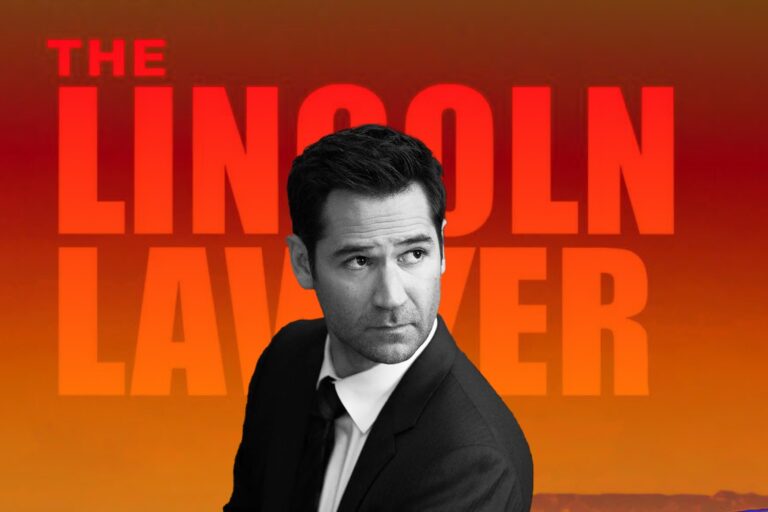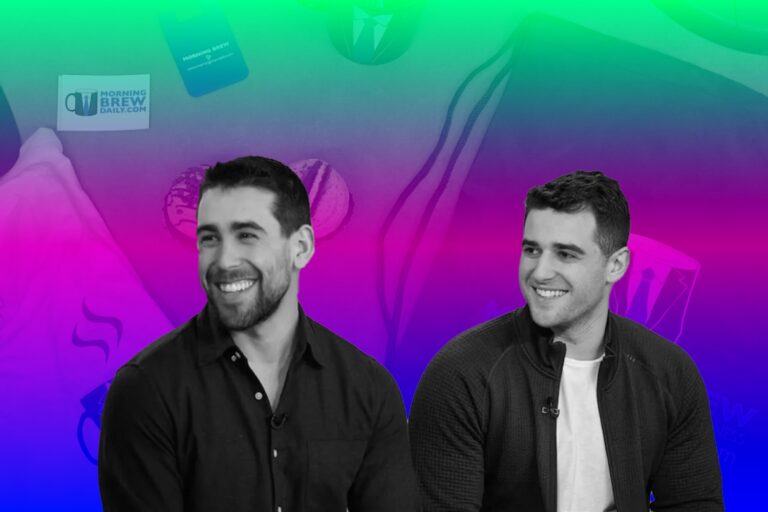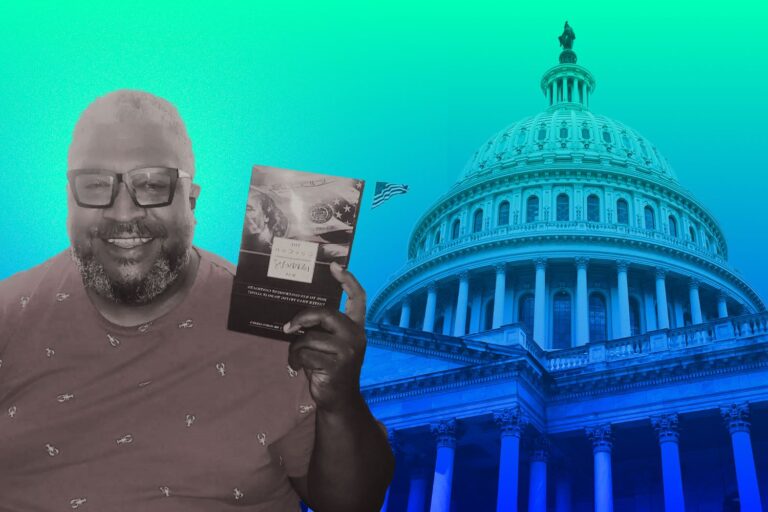Tim Hunt Branches Out to Government Contract – Take Big Risk, Take Big Leap
People often shy away from taking risks because the unknown is a shadowy territory where failure seems to lurk around every corner. The possibility of losing what they already have—whether it’s money, reputation, or a sense of security—can be paralyzing.
This fear is magnified by society’s tendency to favor the safe and predictable, leaving little room for the bold and unconventional. Add in the scars from past experiences where risks didn’t pay off, and it’s easy to see why many prefer the comfort of the familiar, even if it means missing out on greater rewards.
This happened with Tim Hunt, the Experience Certified Pedorthist/License Pedorthist at Complete Pedorthic Solutions LLC. Government contract looked intimidating to him at first, however, after clearing his mind, he was able to reach a $250,000 contract which has a multi-year option with potential for $1.5M.
Tim Hunt – From a Dedicated Clinician to a Contractor
Tim Hunt is a certified pedorthist, a healthcare specialist focused on creating, designing, and adjusting footwear, orthotics, and supportive devices to treat issues related to the lower limbs and feet.
Tim has experience as an Allied Health clinician who works with people, especially those with diabetes, who have foot and ankle issues. He helps by providing orthopedic shoes, custom foot orthotics, and braces.
Tim said, “I’ve been in this space for over 20 years—this was before I started turning gray and all that. So, I’m kind of one of the young old clinicians in my field of practice, but this has been a wonderful and rewarding field of work for me.”
To be more specific, his company, Complete Pedorthic Solutions LLC, measures, designs, fabricates, fits, and services pedorthic devices to provide the ultimate in customized care for correcting foot or ankle conditions.
Tim shares that his mentor from the Cree Nation encouraged him to enter healthcare 20 years ago, focusing on diabetic patients. Seeing the growing need due to rising diabetes rates, Tim wanted to help prevent serious issues like amputations. He gained experience with different companies before working with the Indian Health Service (IHS) in Oklahoma. Tim said that the previous company that he’s been working for over the last five years introduced him to government contracting.
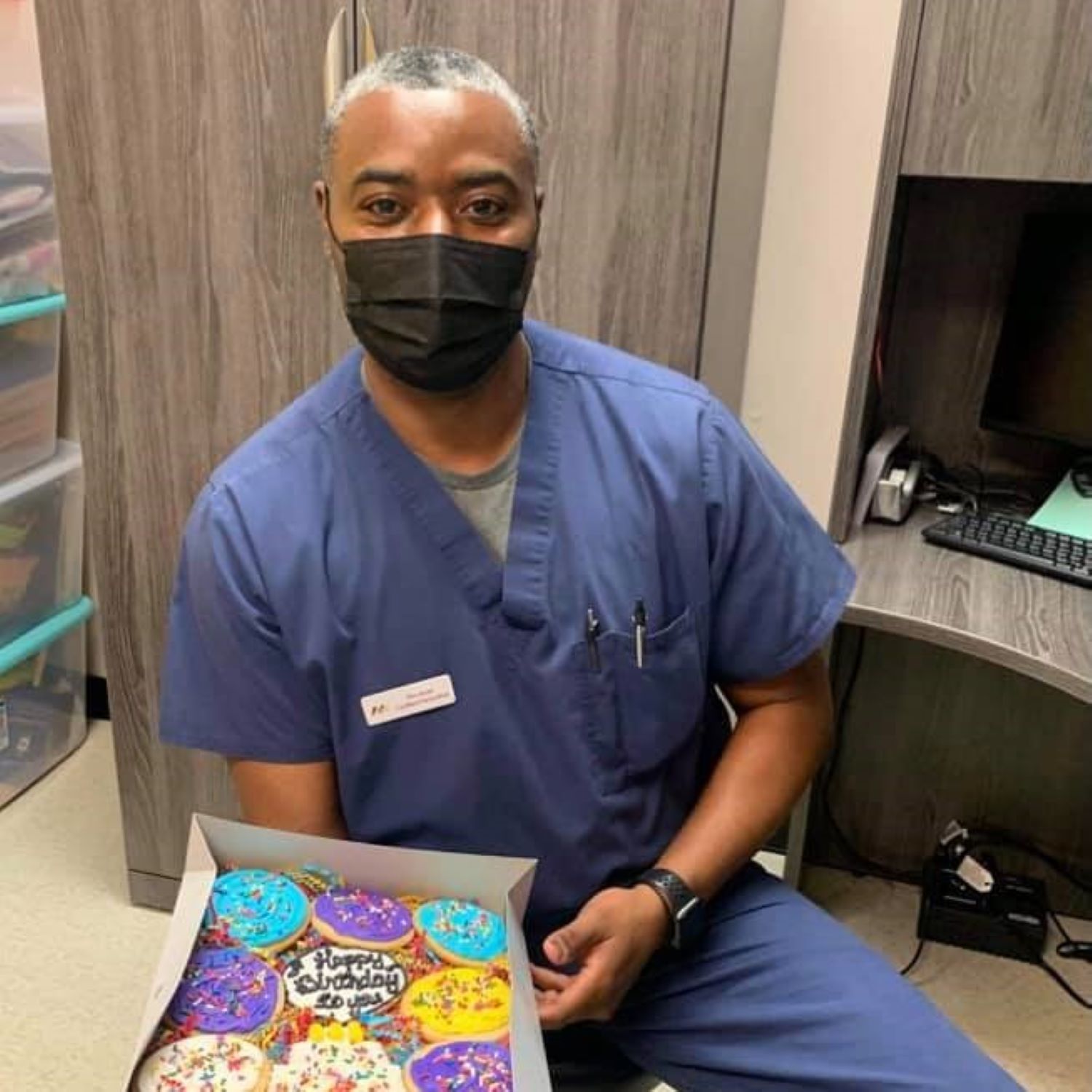
“We have all the Civilized Tribes here in Oklahoma, so I’ve been very fortunate to have a lot of experience working with IHS and a number of tribal groups here in the state. The previous company that I worked for for the last five years introduced me to this government contracting space when it comes to working with IHS, and I’ve built very strong relationships with IHS,” said the pedorthist.
Tim wanted to stay in his lane since he’s the type who is really good at what he has been doing and he wanted to be able to utilize his skills and eventually develop a business. But the turning point happened when the previous company that he worked for decided to part ways in May 2022.
During that time, he was working on his SAM registration and providing diabetic shoes and inserts to tribal organizations. Then he made an important decision – gamble on government contracting space.
Recalled on his journey, Tim expressed, “I decided to take a gamble on it, and I’ll be honest—it was a risk. It was a space I wasn’t familiar with on the back end. I was able to take care of patients—that was easy work for me—but dealing with contracts, all the jargon, and the SAM registration was very frustrating.”
Tim is saying that he began the registration process for federal contracting in February 2022 but initially gave up on it because he doubted it was the right fit for him. After leaving his previous company, he decided to revisit the process and completed it in October of the 2022, finally receiving his active registration.
Tim described a bittersweet moment when he received a call from the U.S. Government while attending his cousin’s funeral. He saw the timing as a serendipitous sign and felt it was a divine connection.
He expressed, “It was on a Friday, and I was actually going to my cousin’s funeral. As I was pulling into the parking lot of the church, I got a phone call. I looked at my phone, and it was the U.S. Government. I thought, ‘Huh, okay, this is a divine connection. This is how the Lord works; He works in mysterious ways.’ So, I answered the call, and they asked if I would be interested in bidding on a contract. I paused for a second, in shock, and then said, ‘Absolutely.’”
Even having the elements to rock this job, from relationship to capability, what made him a bit hesitant at the beginning was because this was a new industry to him. However, he submitted his proposal and got awarded a few weeks later.
Winning is the First Step – Delivering the Work is the Most Important One
Tim got his contract in January 2023. The excitement when you win something doesn’t last forever, now the reality says that you have to execute, and that’s the most important step.
Tim was freaking out at first since it was a big contract, but he later gathered himself together and planed out what he needed to do.
Having similar experience through his previous company, he knew he needed to quickly get prepared. He understood the requirements and was familiar with the staff involved. Tim realized he had to assemble his team and start working immediately.
He recalled, “I realized I had to get prepared right away. I had to get my team in place, and we had to hit the ground running that following week after I was awarded the contract. Again, I provide diabetic shoes, diabetic inserts, foot orthotics, braces, and all that stuff. They were kind of behind and told me, ‘Hey, we need to get this done; we have patients that need to be seen. Are you up to the challenge?’ I said, ‘Yeah, absolutely, let’s go. I’m ready.’”
He started working on the contract with everything organized and his vendors lined up. However, he encountered some initial challenges with budgeting and funding. He wanted to ensure he was fully prepared for such a large contract, so he focused on having a financial cushion and making sure all processes were correctly set up. His main concern was avoiding mistakes and ensuring everything ran smoothly, rather than the actual work itself.
“I wanted to make sure I was prepared for a contract of that size. It wasn’t an issue with doing the work; I just wanted to have a cushion and ensure all processes were in place, and that I didn’t make any mistakes. That was very important to me,” he stated.
Prepare a Healthy Cash Flow – It Can Take up to 90 Days to Receive Payment
Sometimes, it can take up to 90 days for the government to process payments. This can be a frustrating point since you have to pay for your subcontractors or suppliers upfront. To handle this issue, Tim has his own philosophy.
Tim said that the large brokerage he worked with provided a range of medical products and offered payment terms of 45 to 60 days. However, he faced a challenge with the government contract because it took about 90 days to receive the first payment.
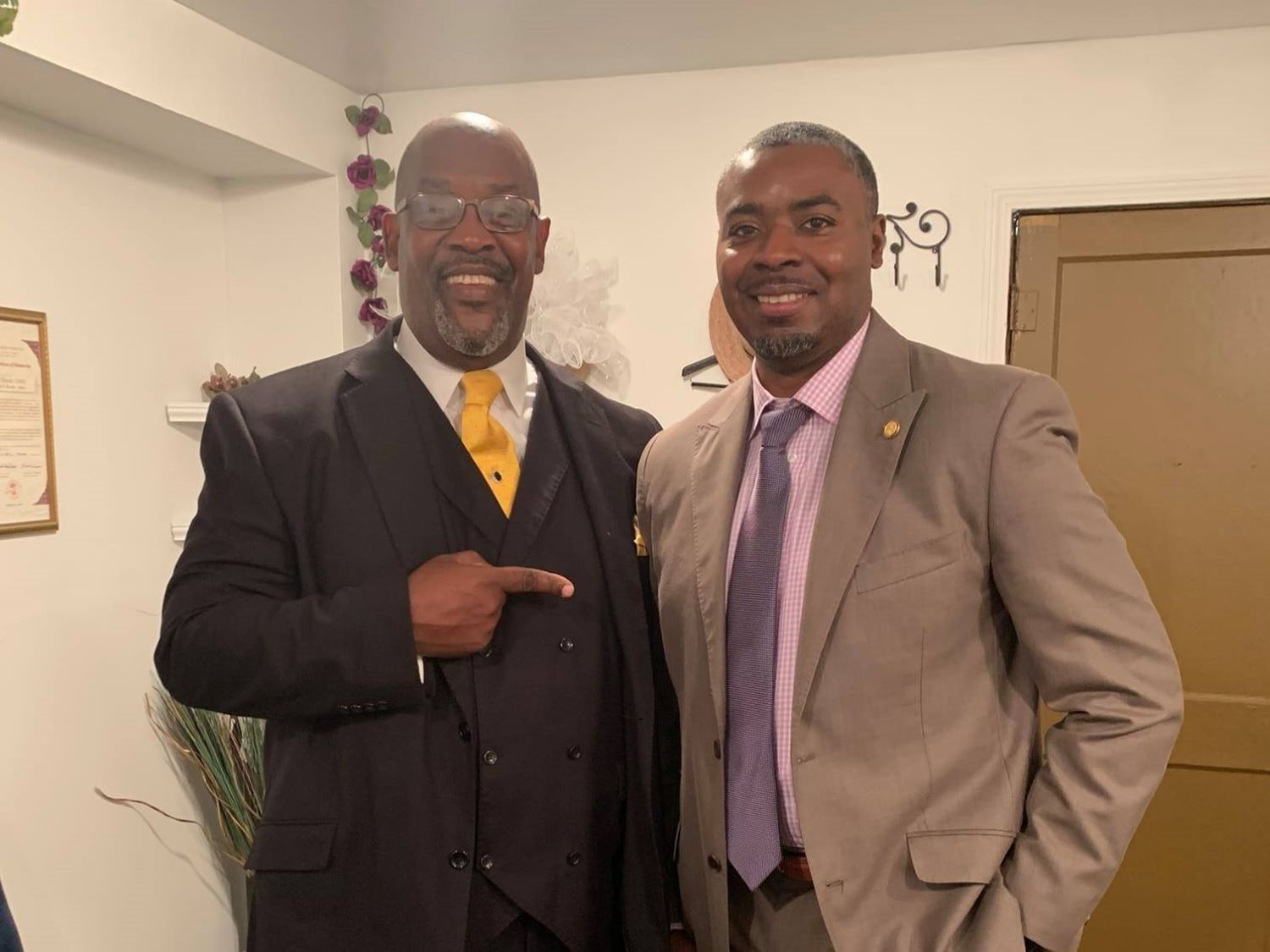
“What I was not prepared for was just the wait. The financial piece of dealing with a government contract was a little frustrating because I wasn’t familiar with it. I was very familiar with the terms I had worked with for years prior, but this was my first time with a government contract.”
This is why Tim suggested people to make sure to have a healthy cash flow.
“I would definitely advise making sure you have a healthy amount of cash flow and being patient with the government, as they are not in a rush, especially with IHS. They have several processes to go through before payment is issued,” he highlighted.
Tim explained that before he secured his government contract, he had been working with entities that were funded by grants. When these grants ran out, the entities had to cut back on their services, which affected his ability to provide services as a small business owner. This funding issue led to a decrease in his cash flow.
However, he anticipated that once he started the new contract and the tribes renewed their grants, his financial situation would improve and stabilize.
In this Tim’s case, payment is processed through email, and it goes through several departments before reaching finance.
The fact is that every agency might have different payment systems. It’s important to keep track of your emails, follow up, and make sure you have the right email address since everything is done via email instead of formal platforms like IPP or Wide Area Workflow. If the payment system changes later, be prepared for possible delays and the need to adapt to the new process.
One thing about Tim story is that his office close to the director allows him to easily address any questions about invoices or email communications.
He said, “The good thing about my email is that my office is right across the hall from the director, so I can just walk over and ask any questions about the email or the invoice.”
Coming to this point, many people may wonder how his office ended up right next to the director, and the director is willing to help him with questions. Well, it a yearslong process of curating relationships.
Curating Relationships is Key
Tim said that he worked in the clinic twice a week and had built strong relationships there over the past five years. His office was conveniently located directly across from the director’s office, with several nurses’ stations nearby, making it easy to address any questions or concerns quickly.
He emphasized, “I’m in the clinic twice a week in health services, and I have been for the last five years. Over that time, I’ve developed some very strong relationships there.”
He know the department that’s he’s going to work for, who are the people that have the supplies that he need, who will be in charge of the backend stuff. Having a strong network of relationships help him easily point out the people and resources that he need.
Plus, people are familiar with Tim since they’ve been seeing him for years. Seeing the work that he has been doing, people likely to trust him and are willing to help him or partner with him whenever possible.
What’s Next for Tim Hunt? – Further Explore the Game
Since the IHS prioritize when you a native-owned, then 8(a), Tim has been working on the 8(a) to gain the advantage because he is not considered a native owned. However, the 8(a) program has been on a hold which makes him a bit dissatisfied with.
“The 8(a) program is something I’ve been working on, and there’s a lot of information involved. They put it on hold, which was disappointing because I was really pushing for it, knowing how important it is,” said the clinician.
Tim also focuses on developing strong relationships with the VA and exploring opportunities to become a vendor and establish partnerships with the DLD (Department of Labor and Development).
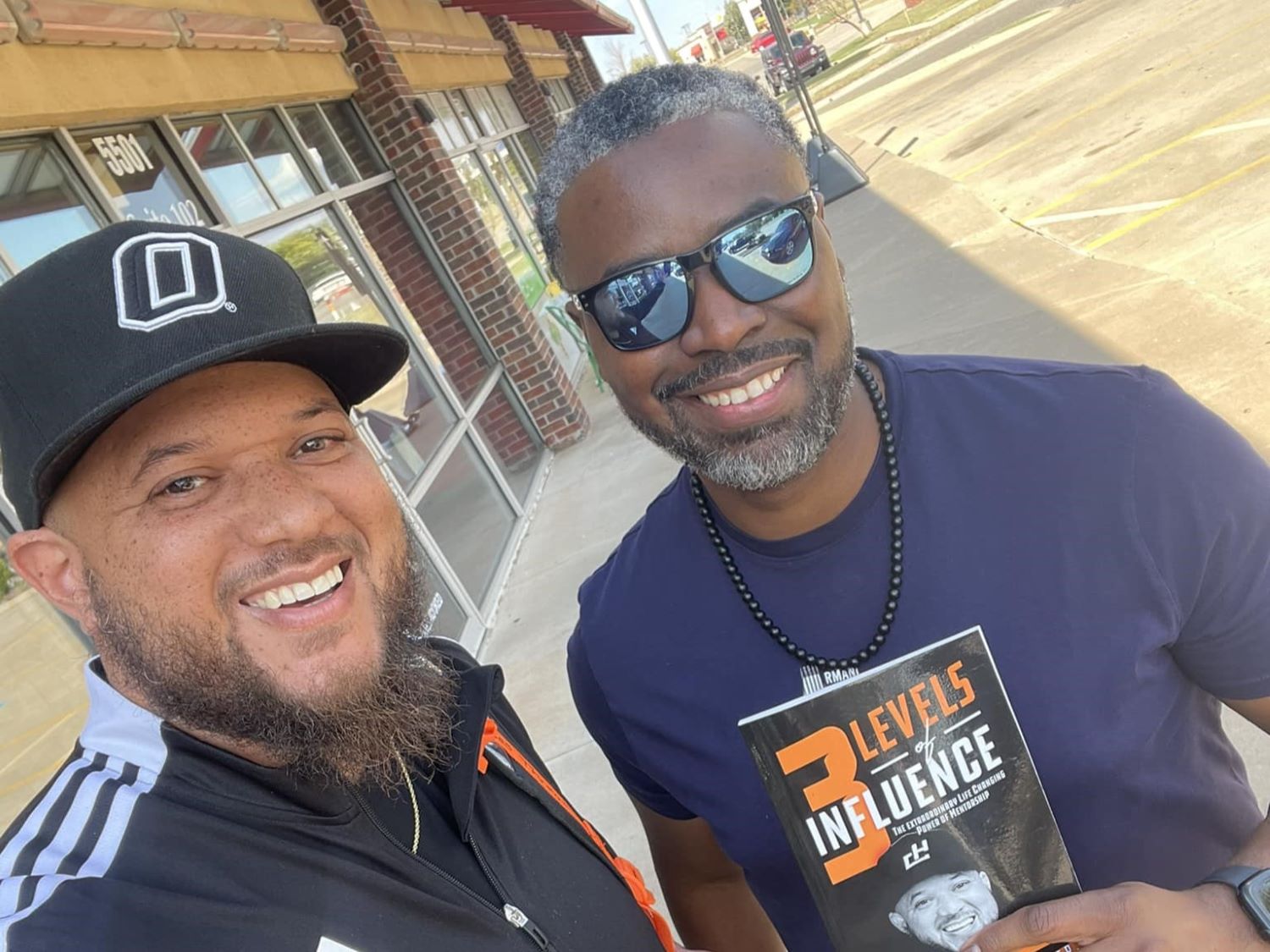
“So, the next thing I’ve been working on is developing strong relationships with the VA. That’s my next goal. I had a conversation with a few individuals there a few weeks ago about becoming a vendor and also developing some form of partnership with the DLD (Department of Labor and Development). There are some things we’re looking at as a company, and we’re also considering partnering with other companies to take this to the next level,” he said.
Tim Hunt – “I wish I started sooner.”
After diving into the arena of government contracting, Tim Hunt has realized that this space is not intimidating as it looks.
“I wish I would have started sooner because, you know, it was a mind thing. I was fearful. I knew it was possible that I was able to do the work; I really know it’s not that difficult. I mean, I have a team that supports me the whole way through, and I had mentors that I could go to and got good counsel from,” he stated.
Tim suggests that people should aim to become invaluable rather than just pursuing quick wins. He believes that by investing in your skills, gaining deep knowledge, and genuinely helping others, you’ll naturally attract success and financial rewards. It’s about focusing on making a real impact and providing meaningful value, which ultimately leads to lasting success and opportunities.
“Just work to become a person of value. Don’t worry about the success; obviously, the money is going to come,” he said.
Initially being uncomfortable about the backend stuff, Tim later on found his way to fulfill the hole. That’s why he wants people to be fearless.
“I wish I would have started sooner, but God’s timing is perfect; it’s impeccable. So, I know that’s a simplistic answer, but based on my experience with it, because I felt like I knew enough about it, I just didn’t know all the backend stuff. But when I found out and put it all together, it’s something I thought, ‘Man, I should have started; I should have just stepped out of the box.’ I was afraid to step out of the box; I didn’t think I was capable, as far as dealing with the backend stuff,” he expressed.
He continued, “Like I said, I knew the work; I was more than capable to do the work. Have faith in yourself, you know, that you can do the work and be persistent with it. Learn to persevere because there are going to be difficult times that we go through, whether it’s finances, sickness, or whatever it may be. We just have to keep our hands to the plow and keep moving forward.”

